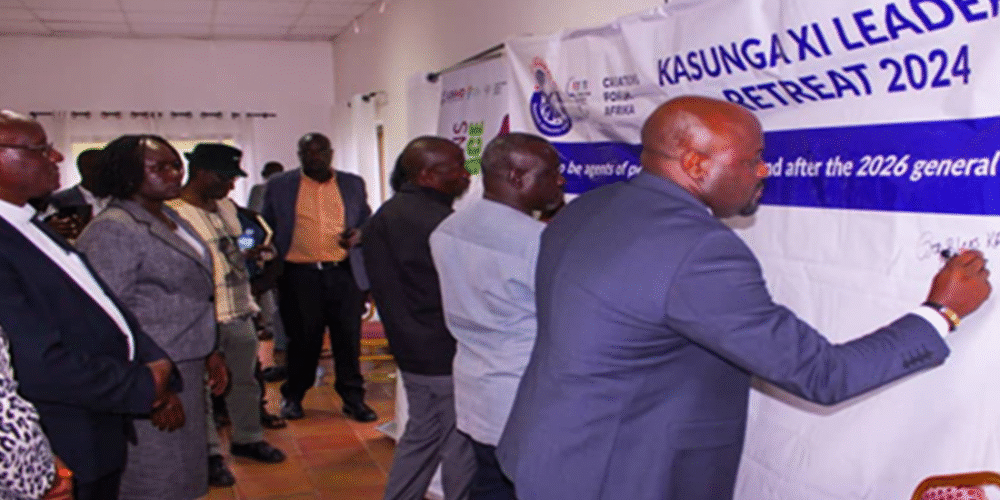The electoral season often comes with heightened efforts by political parties and candidates as they seek support from citizens. These efforts typically take the form of campaign rallies, one-on-one meetings, daily social media updates, and radio talk shows all aimed at attracting voter support. While such platforms are meant to communicate pledges and policy positions, they are frequently characterized by defamatory messages that undermine the credibility of opponents. Unfortunately, little or no attention is given by these parties to ensuring that their campaign activities do not contribute to undermining peace, credibility, and cohesion during and after the elections.
As Uganda approaches the 2026 general elections, it is crucial that all actors that is political parties, candidates, and their supporters understand and appreciate that despite the diversity in ideologies, policies, and opinions, they are ultimately united by a common goal: building a peaceful and stable nation. Elections, by their very nature, are a contest of ideas and visions for the country’s future. However, this contest should not be allowed to breed hostility, hatred, division or conflict among citizens. Instead, it should serve as an opportunity for constructive engagement where differing perspectives are debated with respect and utmost tolerance.
Every political party and candidate enters the race with a manifesto highlighting a set of commitments they believe will improve the lives of citizens once they are entrusted with power. While these manifestos vary, they are all rooted in the same aspiration of addressing challenges facing the common citizen be it poverty reduction, job creation, quality education, healthcare, or infrastructure development. Yet, many actors forget that none of these commitments can be meaningfully realized without a peaceful environment. Violence, intimidation, hate speech voter bribery or electoral malpractice not only undermine the credibility of elections but also destabilize communities, erode trust in institutions, and delay the very progress candidates promise to deliver.
It is therefore essential for all stakeholders to recognize that peace is not an option but a prerequisite for democracy and development. Campaign strategies, public rallies, media engagements, and even online communication conducted to mobilize political support must be guided by principles of fairness, inclusivity, and respect for opponents. Political actors must rise above the temptation to use divisive language, hate speech, or personal attacks, because while these may yield short-term political gains, they create long-term wounds in society that are difficult to heal. Supporters, too, must understand that their responsibility goes beyond cheering for their candidates; they must also uphold discipline, reject violence, and engage in dialogue when disagreements arise.
Ultimately, the measure of success in the 2026 elections will not only be about who wins but also about whether Uganda emerges stronger, more united, and more peaceful after the process. It is in this spirit that all parties, candidates, and citizens should place peace at the center of their political actions, remembering that a shared future can only be built in an environment free from violence and fear.
Compiled by Kihumuro Ainebyona – GPH
In the image above: Leaders from Rwenzori region signing the Peace cloth, committing to be agents of peace, before, during and after 2026 election period


